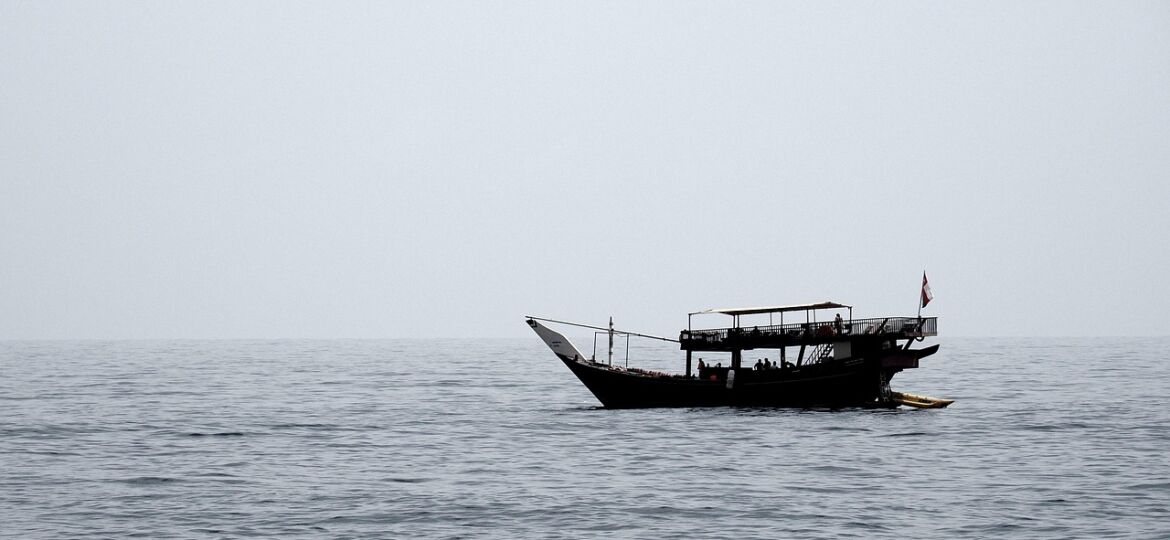
On the International Day of the World’s Indigenous Peoples, we honor the resilience, wisdom, and unwavering advocacy of Indigenous communities around the world. From the lush mountains of Colombia to the ancestral territories of the Wiwa people in Venezuela and the determined demands for justice in Honduras, Indigenous peoples are at the frontlines of intersecting struggles for territory, justice, and survival.
Indigenous peoples’ work is deeply intertwined with land, identity, and environmental justice. We are now living an acceleration in climate emergencies and growing awareness of the need for culturally grounded approaches, in this landscape indigenous communities are vital human rights defenders. The effort to protect territory, biodiversity, and knowledge are not only local struggles, they are essential contributions to global justice and sustainability.
Not all defenders are safe today. One urgent and ongoing case involves María Eugenia, a human rights defender from Colombia’s Antioquia region and legal representative of CONPAZCOL, an organisation that supports Afro-Colombian, Indigenous, and peasant communities facing violence and displacement.
In the past year, María Eugenia has endured repeated acts of intimidation, including a threatening armed encounter in May 2024 and another security incident in October 2024. These targeted threats came in response to her advocacy and the organisation’s public denunciations of armed actors operating in the region.
As a result, María Eugenia is currently benefiting from a Temporary Relocation programme, this measure ensures her safety while allowing her to continue her critical work remotely. Her case reminds us that protection is not a one-time act but a long-term commitment to ensuring the safety and agency of defenders under threat.
Stories of Resistance and Impact: Where Solidarity Has Made a Difference
Some defenders remain under immediate threat, others have seen important progress and impact thanks to protection mechanisms, and international solidarity. These success stories remind us that defending rights is possible, especially when communities and allies stand together.
Tolima, Colombia: Building Protection Through Collective Solidarity
In the mountainous region of Tolima, the Comité Ambiental en Defensa de la Vida is resisting destructive mining operations with grassroots ingenuity and solidarity. With support from ESCR-Net and a protection grant from Front Line Defenders, the community has established collective protection strategies to improve communication, early warning systems and urgent response. Their agroecology initiatives, such as gardens and reforestation, offer a shared vision of sustainability rooted in collective action.
Honduras: International Solidarity for Berta Cáceres
In August 2024, a transnational delegation travelled to Honduras to support the long-delayed case of Berta Cáceres, a Lenca leader murdered for defending her land. Their advocacy led to the confirmation of sentences for those convicted of her assassination—an emotional milestone in the ongoing fight for justice. The case, while not fully resolved, underscores the power of international solidarity and persistent Indigenous advocacy.
Colombia: Cultural Adaptation as a Form of Resistance
In the Sierra Nevada de Santa Marta, the Wiwa Indigenous people have faced increasing displacement due to armed conflict. Through support from FIDH, the OWYBT organisation implemented a culturally grounded response that provided displaced families with housing, education, and mental health services, ensuring community cohesion and cultural continuity in the face of crisis.
From Tolima to Tegucigalpa to the Sierra Nevada, and in the case of María Eugenia, still ongoing, Indigenous leaders are not only defending rights. They are shaping futures rooted in ecological care, mutual respect, and community wisdom.
On this day, we must reaffirm: Indigenous peoples are not victims to be protected, but co-creators and guardians of knowledge and justice.


